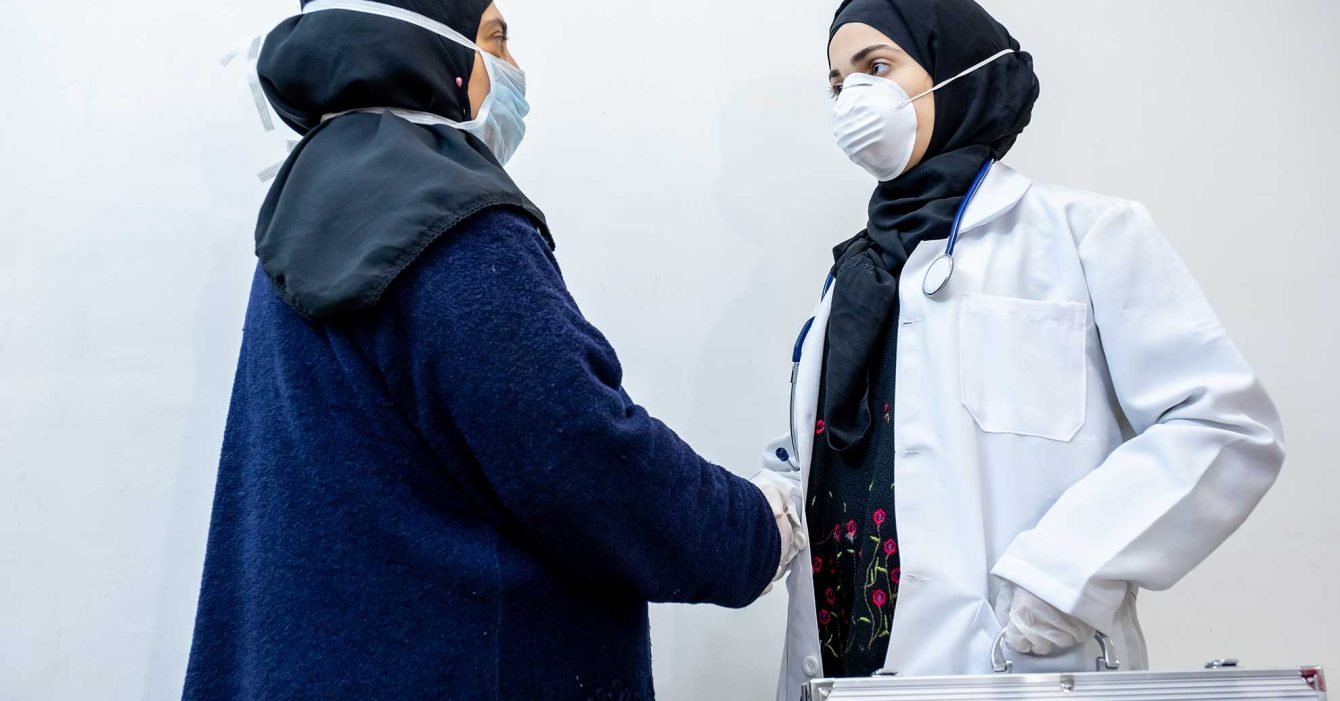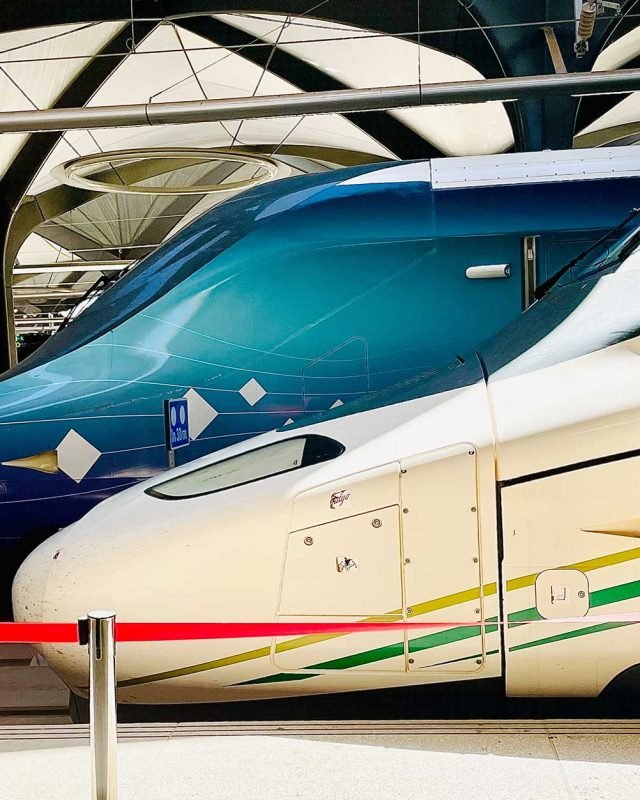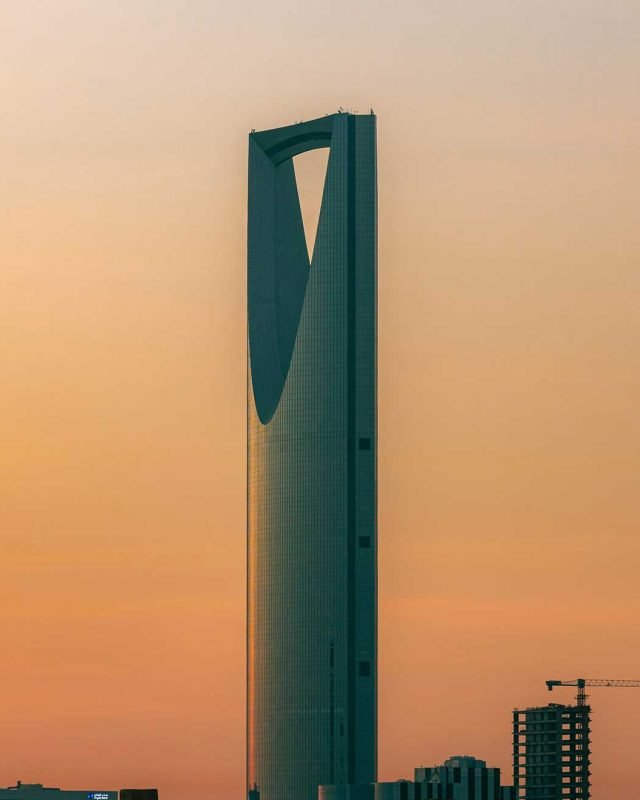In recent years, Saudi Arabia has emerged as a leading contender in the global medical tourism industry, poised to revolutionize healthcare travel. This article takes an in-depth look at the Kingdom’s evolving healthcare sector, exploring its multifaceted potential, distinct advantages, and the pivotal role it is set to play in shaping the future of medical tourism.
Healthcare Renaissance: A Cornerstone of Saudi Vision 2030
Saudi Arabia’s ascendance as a medical tourism powerhouse is intrinsically linked to the broader ambitions of Saudi Vision 2030. This visionary plan seeks to diversify the Kingdom’s economy and reduce its dependency on oil revenues. Central to this vision is the transformation of healthcare services to meet international standards, ultimately attracting medical tourists from across the globe.
World-Class Healthcare Facilities
At the heart of Saudi Arabia’s growing influence in medical tourism lies its unwavering commitment to building and maintaining world-class healthcare infrastructure. The Kingdom boasts an extensive network of state-of-the-art hospitals, clinics, and medical centers, each equipped with cutting-edge medical technologies and staffed by an elite corps of highly qualified healthcare professionals. For instance, the King Fahd Medical City in Riyadh is a sprawling complex that houses specialized hospitals, including the King Fahd Hospital of the University and the Prince Salman Heart Center. It has earned international acclaim for its advanced cardiac surgeries, attracting patients seeking complex procedures from neighboring countries and beyond.
Centers of Excellence
Saudi Arabia has strategically established centers of medical excellence, each dedicated to a specific field of medicine. These centers are staffed with internationally renowned specialists and offer comprehensive, specialized care. Consider the King Faisal Specialist Hospital and Research Centre in Jeddah, which is a pioneering institution in the region for cancer treatment. Its Cancer Center is equipped with cutting-edge radiation therapy technology and collaborates with leading cancer centers worldwide to offer the latest treatments and clinical trials. International patients travel to the Kingdom to access these advanced cancer treatments.
International Accreditation
To ensure the highest standards of quality and patient safety, numerous Saudi hospitals and medical institutions have actively pursued and achieved international accreditation. For example, the Dr. Soliman Fakeeh Hospital in Jeddah has received Joint Commission International (JCI) accreditation, signifying its commitment to delivering world-class healthcare. International patients seeking a range of medical procedures, from orthopedic surgeries to bariatric treatments, choose this hospital for its accredited quality of care.
Affordability and Competitive Pricing
Remarkably, despite offering world-class healthcare services, medical treatments in Saudi Arabia often come at a fraction of the cost compared to equivalent services in many Western nations. Consider a complex procedure like knee replacement surgery. In the United States, it can cost tens of thousands of dollars. In contrast, the same procedure in Saudi Arabia, with the same level of expertise and quality, can often be performed at a significantly lower cost, making it an attractive option for medical tourists seeking cost-effective healthcare solutions.
Holistic Wellness and Cultural Immersion
Saudi Arabia is acutely aware of the importance of holistic wellness within the medical tourism paradigm. For instance, after undergoing a successful medical procedure in Riyadh, international patients often take the opportunity to explore Saudi Arabia’s historical treasures. They might visit the UNESCO-listed Diriyah Historical Park in Riyadh to experience the nation’s rich cultural heritage, or venture to the enchanting Al-Ula region to marvel at the ancient tombs and rock formations, enhancing their recovery experience with cultural immersion.
Governmental Support and Initiatives
The Saudi government has played a pivotal role in fostering the growth of medical tourism. For example, the “Sharek” visa program, introduced by the Saudi government, streamlines the visa application process for medical tourists, making it easier for them to access healthcare services in the Kingdom. This initiative has significantly contributed to the growth of medical tourism in Saudi Arabia.
The Promising Road Ahead
As Saudi Arabia continues to invest in its healthcare infrastructure and zealously promotes medical tourism, the future appears extraordinarily promising. Saudi Arabia’s ambitious plan to attract 1.5 million medical tourists by 2030 is already well underway. By offering top-notch healthcare, cost-effectiveness, cultural experiences, and government support, the Kingdom is well on its way to becoming a global healthcare destination of choice.
In conclusion, the future of medical tourism in Saudi Arabia is radiating with boundless potential. The Kingdom’s unyielding commitment to excellence, cost-effectiveness, cutting-edge healthcare facilities, and its fusion of cultural and recreational experiences make it an irresistible destination for medical tourists across the world. Saudi Arabia’s journey toward becoming a global healthcare hub not only stands as a testament to its unwavering ambition but also heralds a golden era for individuals in pursuit of world-class medical care amidst a captivating and culturally rich setting




